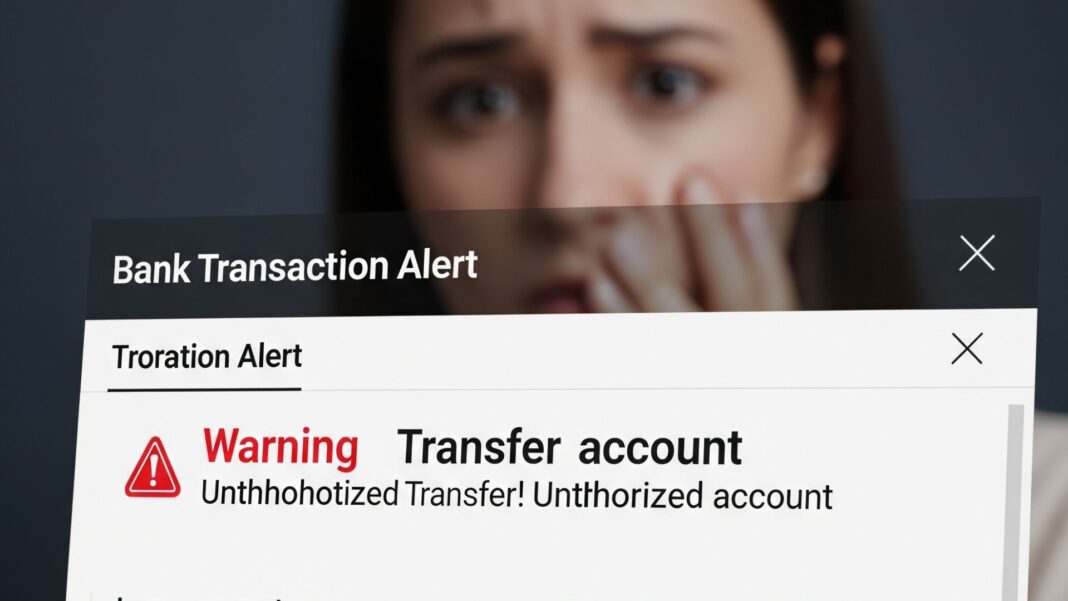Recovering Mistaken Bank Transfers: Your Options
Getting your money back after sending it to the wrong account is possible, though challenging.
If You Sent Money to a Stranger or Fraudster
Chances are slim. You likely won’t easily recover funds from a scammer or unknown recipient. Banks facilitate transfers; they cannot reverse a transaction without the recipient’s agreement. Immediately report the incident to your bank and consider filing a police complaint with the cybercrime unit.
If You Made a Mistake or Know the Recipient
Act Fast. Immediately contact your bank. Quick action increases your recovery chances.
Your Bank Takes Action. Your bank will request a recall from the recipient’s bank. They will contact the recipient for consent to reverse the transfer.
Recipient’s Agreement is Crucial. If the recipient admits the error and agrees to return funds, the process is usually smooth. You should see your funds back within days.
Provide Proof. Give your bank all transaction details: ID, date, time, your account number, and the incorrect recipient’s details.
If the Recipient Refuses. This complicates matters. Banks generally cannot force a reversal without the recipient’s consent. Your bank might provide the recipient’s bank details, and you may need to pursue legal action.
Invalid Account Number. If the account number does not exist, the transaction usually fails. The money automatically returns to you.
Summary
Getting your money back after sending it to the wrong account is often tough. If you send money to an unknown person or a fraudster, chances of recovery are almost nil, especially in India, and it will demand significant time and effort with little guarantee. However, if it’s a genuine mistake or you know the recipient, acting immediately by contacting your bank significantly increases your odds. Your bank will attempt a “recall,” but success hinges on the recipient agreeing to return the funds. For the USA, wire transfers are generally harder to reverse than ACH payments, and fraud should be reported to the FBI’s IC3. In the UK, “Confirmation of Payee” helps prevent errors, and new rules (effective October 2024) often require banks to reimburse victims of Authorized Push Payment (APP) fraud. Remember, if the account number you used doesn’t exist, the money typically bounces back automatically.




